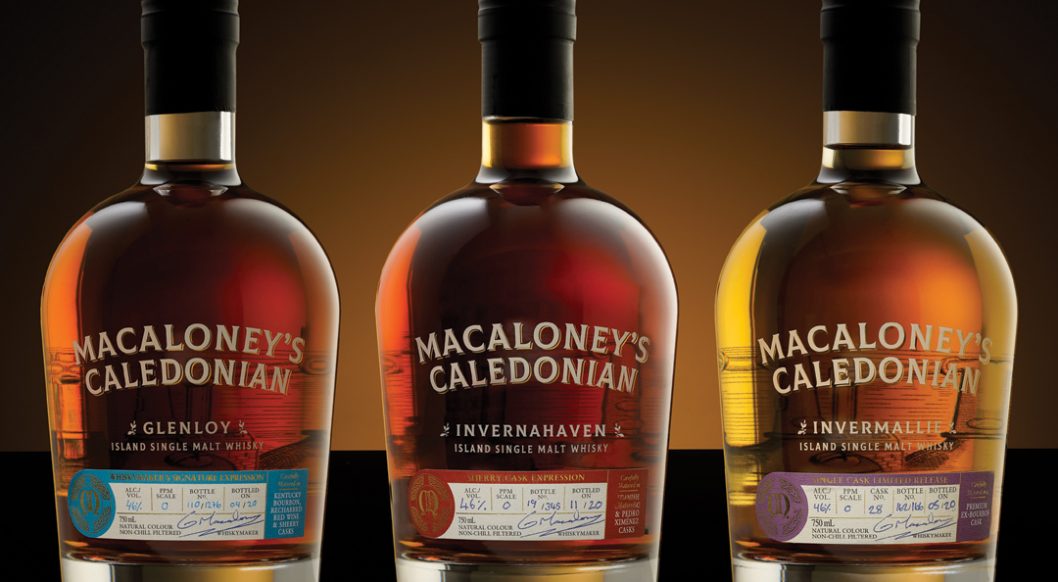
India-UK FTA: Duty concessions on Scotch whisky not to significantly affect Indian market
NEW DELHI : The import duty concessions granted to Scotch whisky under the India-UK Free Trade Agreement will not significantly impact the domestic market, as the reductions will be implemented gradually over a 10-year period, a government official said.
As per the agreement, India will reduce duty on UK whisky and gin from 150 per cent to 75 per cent and further to 40 per cent in the tenth year of the deal.
“The incremental increase in imports of Scotch whisky, therefore, would not significantly affect the domestic market. The tariff reduction on imports is over a longer period of time (10 years) and even after that it will attract significant customs duty (40 per cent),” the official said.
According to the Scotch Whisky Association (SWA), India has regained its position from France, as the world’s number one Scotch whisky export market by volume, with 192 million bottles exported in 2024, as against 167 million bottles in 2023.
India’s alcoholic beverage market is a large and rapidly growing sector. It is third largest globally and second largest for spirits. The market is estimated to be worth USD 52.4 billion, with a projected CAGR of 7.7 per cent from 2025 to 2032.
As regards the Indian whisky market, it is dominated by country-made liquor (88 per cent) and India-made foreign liquor (9.5 per cent).
Scotch whisky constitutes only 2.5 per cent of the total whisky market.
“The tariff reduction on imports of Scotch whisky from the UK is over a longer period of time and even after that it will attract significant customs duty. The incremental increase in imports of Scotch whisky, therefore, would not significantly affect the domestic market,” the official said.
The official added that high duties on imported alcohol have affected the level of FDI (foreign direct investment) in the liquor industry.
“Liberalization of duties would invite UK’s expertise in terms of spirit/wine making, quality control, marketing and consumer awareness,” the official said, adding a reduction of tariffs will also help boost the FDI in the India-made foreign liquor (IMFL) category and Indian producers can take advantage of high technology and better inputs from the UK.
Also, a lower basic customs duty would significantly increase revenue collection, improve tax compliance, eliminate the grey market and counterfeits and drive better quality exports.
Commenting on the deal, the Confederation of Indian Alcoholic Beverage Companies (CIABC) DG Anant S Iyer said, “We fear that if the same template of duty reduction is followed for the trade deals with the EU, the US and other nations which produce spirits and wines, then the Indian Alcobev industry, including the wine sector, could get adversely impacted”.
He urged the centre to advise various states such as Maharashtra, Kerala, Odisha, Rajasthan, Madhya Pradesh which give excise concessions to imported liquor, to now review these concessions.
“The government is looking to touch USD 1 billion exports from Indian alcoholic beverages by 2030. However, without ensuring proper market access, especially to the UK, EU, Australia, it will be difficult to meet this export target,” Iyer said.

